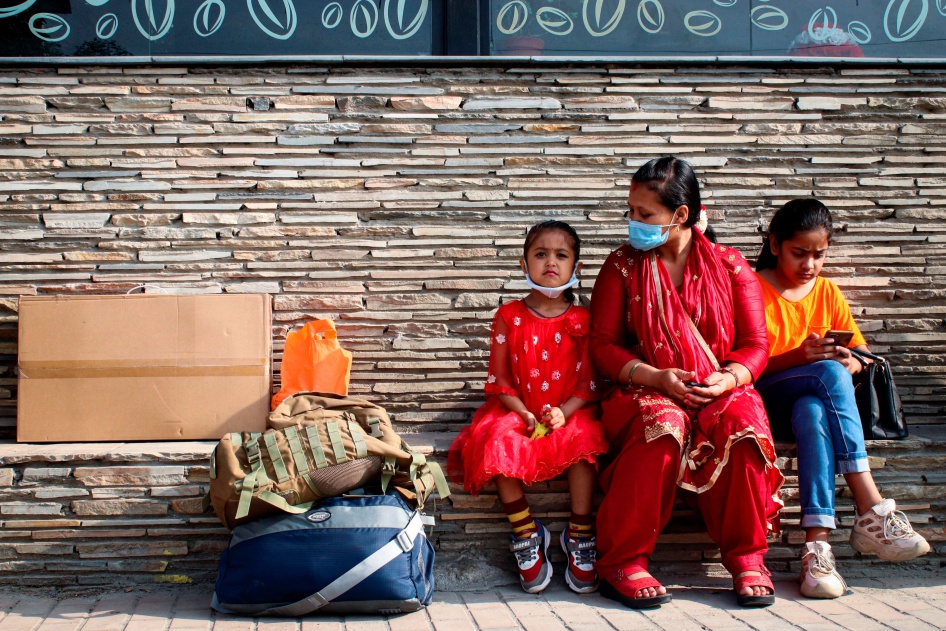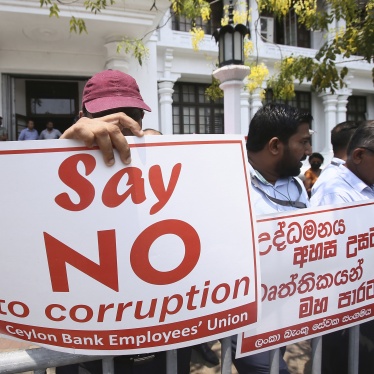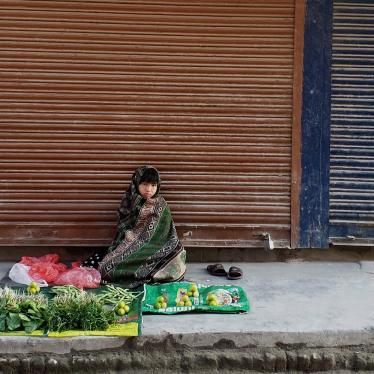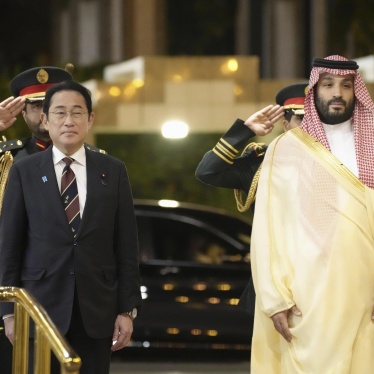When Nepal’s Finance Minister Barshaman Pun presents the budget on May 28, he has an opportunity to extend the country’s Child Grant program. Doing so would advance the economic and social rights of Nepali children, helping families across the country.
The Child Grant, also known as the child nutrition grant, is a proven Nepali success story. The program involves monthly payments to families with children under the age of five in 25 out of Nepal’s 77 districts, and all Dalit children under five across the country. It has been endorsed by numerous Nepali civil society organizations and international policy experts including UNICEF, the International Monetary Fund, the World Bank and the European Union. But despite the praise, successive governments have not followed through on commitments to roll it out nationwide.
Therefore, it was encouraging when Nepal’s Minister for Women, Children and Senior Citizens, Bhagawati Chaudhary, announced this week that the government intends to extend the program to all districts. She also said the grant amount should be increased, as the current monthly payment of 532 Nepali rupees (about US$4) is insufficient.
“We are dedicated to ensuring that every child in Nepal, regardless of their location, receives the essential nutrition support they need for healthy growth and development,” Chaudhary said.
Studies underscore the transformative impact of the Child Grant, including increased birth registration rates, improved access to food and clothes, and lower likelihood of child labor for the recipients and their siblings. Research also shows that the program enhances public perceptions of the government, strengthening the social contract.
Nepal became a pioneer of social protection in South Asia by introducing a universal old age allowance in the 1990s. But with 40 percent of the population aged under 18, investing in social protection for children is key to ensuring Nepal’s future prosperity.
Nepal’s Constitution guarantees social and economic rights, including the right to social security for all children, and the Children’s Act of 2018 provides further guarantees.
According to a 2021 UNICEF study, expanding the Child Grant to children up to age 17 is financially feasible. Family poverty could drop by 16.8 percent, enabling families to afford better food, healthcare, and education.
The Nepali government’s extension of the Child Grant would be an important step toward a more equitable future and another example of forward-looking policy to countries around the world.








